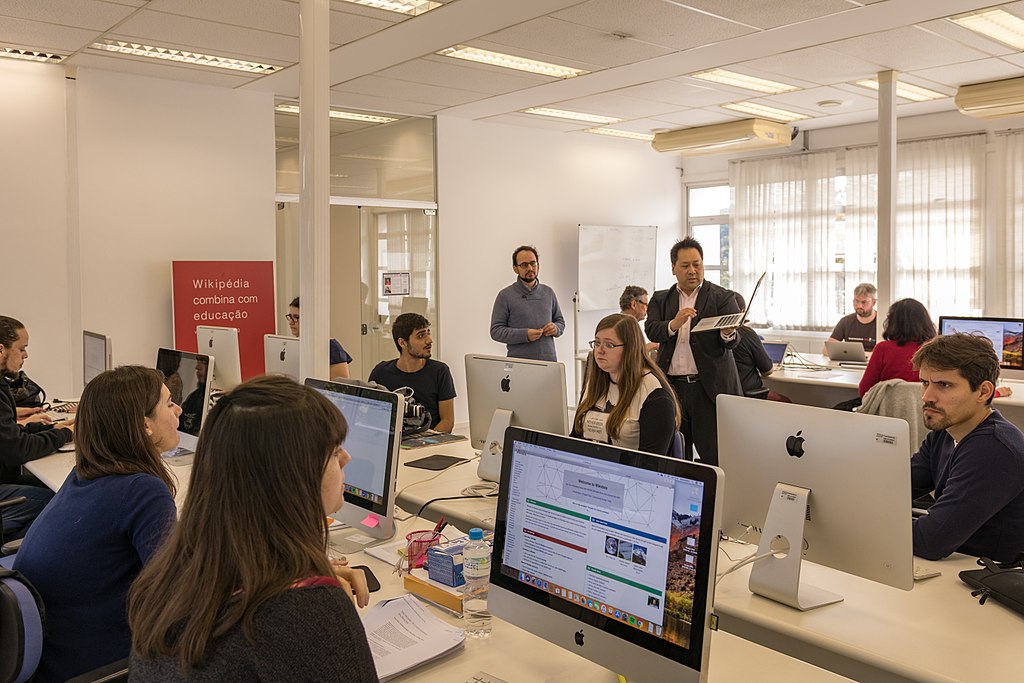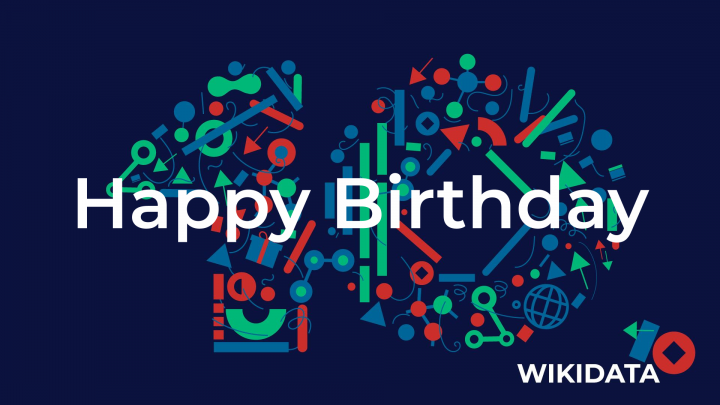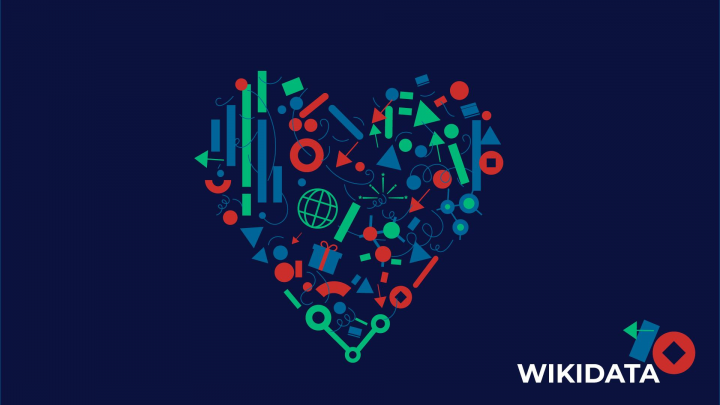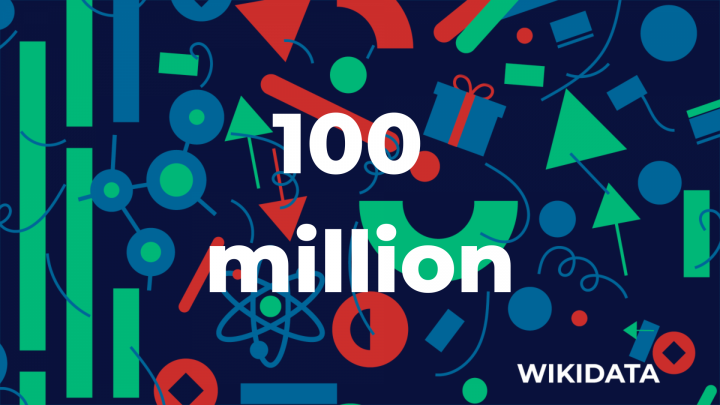The Impact of Wikidata and its Community – Part 2
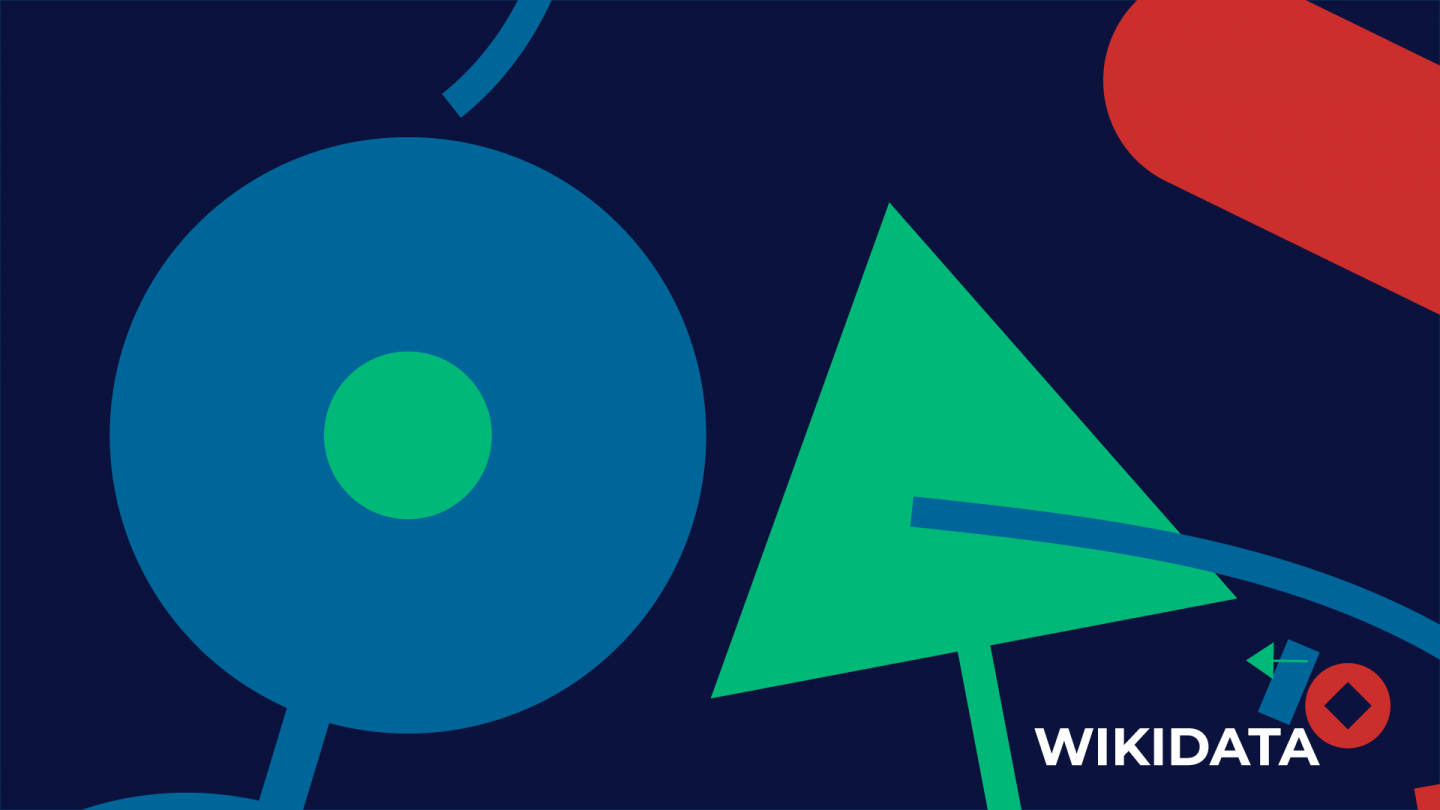
Luca Martinelli [Sannita]
20. October 2022
Soon Wikidata is celebrating its tenth birthday. With this incredible milestone ahead, we wanted to know more about what made Wikidata the collaborative project it is today. This is part two of a two-part series of blog posts (here is part one) in which we wanted to explore the impact of Wikidata and its contributors in fostering the Wikimedia mission in various areas of the world.
Once again, these are just some examples of initiatives or stories of the impact our project had. Examples that prove, nonetheless, how Wikidata is not just a powerful tool to collect data to be reused on the Wikimedia projects, but also a hub that can intercept and host people and initiatives that can be beneficial to the Wikimedia mission – and vice versa. We hope these examples will resonate with you, and maybe inspire you for the next ten years.
Go to:
Leveraging Wikidata to Preserve GLAMs and Memory
Brazil seems to be a place where Wikidata has been enthusiastically adopted in the past years, mostly because of the efforts of the local Wikimedia branch Wiki Movimento Brasil (WMB). We spoke about this success story with João Alexandre Peschanski, journalist and professor at the Faculty of Journalism of São Paulo, as well as WMB Executive Director.
“I basically started looking into Wikidata in 2014 – João remembers – when Asaf Bartov came to Brazil for a meeting with the community. I was still starting with Wikipedia, and it was already hard enough for me to understand the difference between Wikipedia, Wikimedia Commons, Wikisource, and so on. So, I basically left Wikidata a little on the side, thinking it was a bit too technical for me.” In a couple of years, with the growing of his affiliations and the development of new projects, Wikidata became more and more pivotal, but soon “we realized that my initial standpoint around Wikidata was also a general feeling within our community. That’s why we launched the Wikidata Labs, – João explains – the fact that Wikipedians didn’t know enough of Wikidata could have been a risk for the integration of the projects, so we acted to prevent that risk.”
Wiki Movimento Brasil is also involved in many collaborations with GLAMs and other partners, to the point that even a scientific paper was produced out of it. One of the most important collaborations is the one with the Museum of Ipiranga. Starting five years ago in 2017, it was foremost an opportunity for the museum to continue in its mission as it was closed in 2013 due to the need of extensive renovations. After an initial period in which activities were more centered on Wikipedia and Wikimedia Commons, the focus was switched to Wikidata in 2020, with efforts put into the organization of contests, editathons, tool development, and technical training for the museum’s staff.
With the museum reopening on September 6, 2022, a new phase of the collaboration started, in which the visitors will be invited to crowdsource a part of the museum’s metadata on very specific topics: “for example – as João explains – the museum has a collection of old toys that date back to the industrial age, and some of them are from old Brazilian, European or North American brands. People can look at the objects, type the name of the brand in an electronic totem, and this data will be automatically directed into Wikidata,” and then, at a later stage, recollected by the museum for enriching their own metadata catalog.
However, arguably the most symbolic project is the one that was established with the National Museum of Brazil in Rio de Janeiro. The institution most notably suffered a devastating fire in September 2018 which destroyed most of its natural history and anthropology collections. Wiki Movimento Brasil stepped in after this disastrous event to use Wikidata help ‘digitally reconstruct’ what has been lost and to digitally preserve what survived the fire.
“We tried to rebuild the museum as structured information – João says – so if you go to Portuguese Wikipedia, you will have entries on the single exhibition rooms and their content,” as well as for each single collection that was in the museum. Most of the illustrations were recovered through a multilingual call for media uploads, which resulted in 2240 new files uploaded by 129 users (84 of which made their first contribution to Wikimedia Commons after the fire). The effort in creating new content had also spillovers on Catalan, English, German, Spanish, and French Wikipedias, as well as Portuguese and French Wikisource.
One last project, that also was discussed in a scientific paper, was the import on Wikidata of data regarding the killings and other violations of human rights that happened during the 1964-1985 military dictatorship in Brazil. “One challenge that we tried to solve was the fact that the databases that were listing these violations had disagreeing or inconsistent data – João explains – so we created a set of mechanisms, down to basic computation and semi-automatic data curation, to make this data complete, consistent, and correct.”
The effort in coordinating data coming from up to five different database – one of which was also later discontinued – culminated in a 292kb Listeria-powered list article about the victims of the military dictatorship, which is also the first-ever list based entirely on Wikidata that reached the status of ‘featured list’ on Portuguese Wikipedia.
From Open Government Data to… OpenStreetMap
Another aspect of Wikidata that sometimes gets neglected is the import of data coming from official sources, like government agencies. The work of the Taiwanese community is a bright example of how such imports are valuable, not just because of how important the source of the data is, but because of the synergies with other communities that can arise out of it.
Dennis Chan, Taiwanese editor and current member of the Board of Wikimedia Taiwan, was at Wikimania 2012 in Washington DC when Wikidata was announced. “I started editing in the very first year – he recalls – but it was just three or four years ago that the Taiwanese community really started to get involved on Wikidata.” Before that, people were just thinking of Wikidata as a way to collect interwiki links and not much else, but then scholars and academics started to take interest in the possibilities of the project.Taiwan’s specificity, though, can be found in two different aspects: the extensive reuse of their government’s open data – which also led to some degree of collaboration with some of its agencies – and the special relationship between Wikidata and OpenStreetMap. Both came into play when Wikimedia Taiwan established a collaboration with the Water Resources Agency (WRA), an administrative agency of the Ministry of Economic Affairs. This particular relationship was also motivated by the ROC Government efforts to reform its own structure (“some agencies wanted to prove they still had a reason to exist, and so they decided to reach out to the open data communities”), but was also an opportunity for the agency itself to harmonize and raise the standard of data about the rivers of the island.
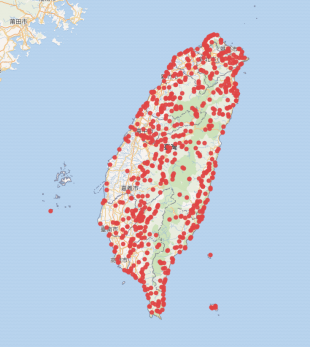
The importing of data was realized by five core members and it was executed on both Wikidata and OpenStreetMap. After the import was concluded, “the Agency incorporated both Wikidata IDs and OpenStreetMap IDs in their own dataset, to make sure it was interoperable not just with other agencies’ datasets, but also with our platforms. I think it was quite a huge achievement for our community,” proudly concludes Dennis. Other imports of government datasets were carried on in the last years, “but these were more a ‘one-way’ kind of imports, like when we imported all 5,000 villages of Taiwan”. Also in this case, the volunteers worked to establish a connection between the government, Wikidata, and OpenStreetMap IDs and data.
As was already said, there is a strong link on the island between Wikidata and OpenStreetMap: “there is a sensible overlap between the two communities in Taiwan, much more than in Europe or the United States, also because the community of people involved is quite small,” Dennis says. This resulted in a very close-knit collaboration, so much so that the monthly meeting that takes place in Taipei is usually a Wikimedia-OSM combined event where every new project that is discussed is always broken down into Wikidata-related and OSM-related tasks.
The last task that was realized by the Taiwanese community was the import of all the schools and kindergartens of the island. “I think we took an important step. School is quite an issue in Taiwan – Dennis explains – especially because we are an aging society, and getting to know when a school was founded, where it is, or if unfortunately it has been closed, is very important data to know for the public. It’s a good starting point to talk about the issue.” We are still far, though, from making Wikidata a true resource for steering the public debate as the general public seems still unaware of its existence: “this is a shortcoming of our community, but maybe we just have to do more promotion,” he says, smiling.
Libraries Love Wikidata – and Vice Versa
An overview of the impact that Wikidata has had around the globe in the last ten years cannot be complete without discussing our relationship with libraries. A relationship which, in fact, began with the first six months of the project; the International Standard Name Identifier (P213) and the Virtual International Authority File (P214) properties are the first two identifiers created on Wikidata back in February 2013 – our first attempt at linking to an external data source.
Libraries and Wikidata also share a common mission: to organize, structure, and possibly improve an immense wealth of available data in order to make it searchable and reusable by their users. It was only a matter of time before the two communities would get to know each other and start collaborating. And they did on many levels, whether it was about defining how to properly describe an Item about a book or to discuss higher levels of integration of open citations. An example of an initiative born out of our fruitful relationship is the LD4 Wikidata Affinity Group, originally started as a grant-funded project that involved four US universities (Stanford, Harvard, Cornell and Iowa) as well as the Library of Congress.
The scope of the grant was to contribute to defining how library metadata could be turned into linked data. The Wikimedian in residence of this project was Hilary K. Thorsen, who also works as a librarian at Stanford University, and who got involved in Wikidata because of this project. All partners had a specific metadata project that was carried out as part of the grant, but Hilary points out how, “from the very beginning”, the true core of the project was for librarians to learn more about Wikidata. “I would say the reaction to Wikidata has been overwhelmingly positive, we were really excited about it,” Hilary remembers.
And the part that was more welcomed by the new editors was how relatively easy it was for them to actively contribute from the start: “the power of linked data has been kind of a long promise, but hadn’t really been tangible for librarians” – that is, until Wikidata changed the whole game. “With Wikidata – Hilary continues – not only was I able to contribute and improve metadata that can be used around the world for things you can’t even imagine, but I also met people I wouldn’t have interacted with before, and form relationships with them, all in the context of a common platform that we are all excited about. And I haven’t experienced that before with any other aspects of the work I have done in the library.”
Another aspect of Wikidata that was surprisingly welcomed by the librarians was the absence of a strictly defined ontology, in lieu of a more user-defined, bottom-up set of properties that keeps growing: “I know some people find it frustrating, but other people, myself included, find it kind of freeing to be able to experiment something to see if it works,” as Hilary notes. Even if sometimes answers aren’t that clear, and the ways of describing some Items are not entirely fleshed out – but one could argue that’s the “fun” part of experimenting in describing reality…
During her tenure as Wikimedian in residence, Hilary took the opportunity to also establish a recurrent meeting with all people interested in knowing more about Wikidata. So from April 2018 on, every fortnight on Tuesday, the LD4 Wikidata Affinity Group holds a group call, where people can freely discuss their work, ask for help or provide solutions. The call is now run by a group of librarian volunteers, who help Hilary in coordinating it, even after the grant was concluded. A heartwarming example of how librarians came to love our ways of doing things, and vice versa.
More things to know about Wikidata
On October 29, Wikidata celebrates its 10th birthday! To mark the occasion, we’ve published a series of blog articles with lots of interesting facts about the history of the world’s largest free knowledge database and its unique community.
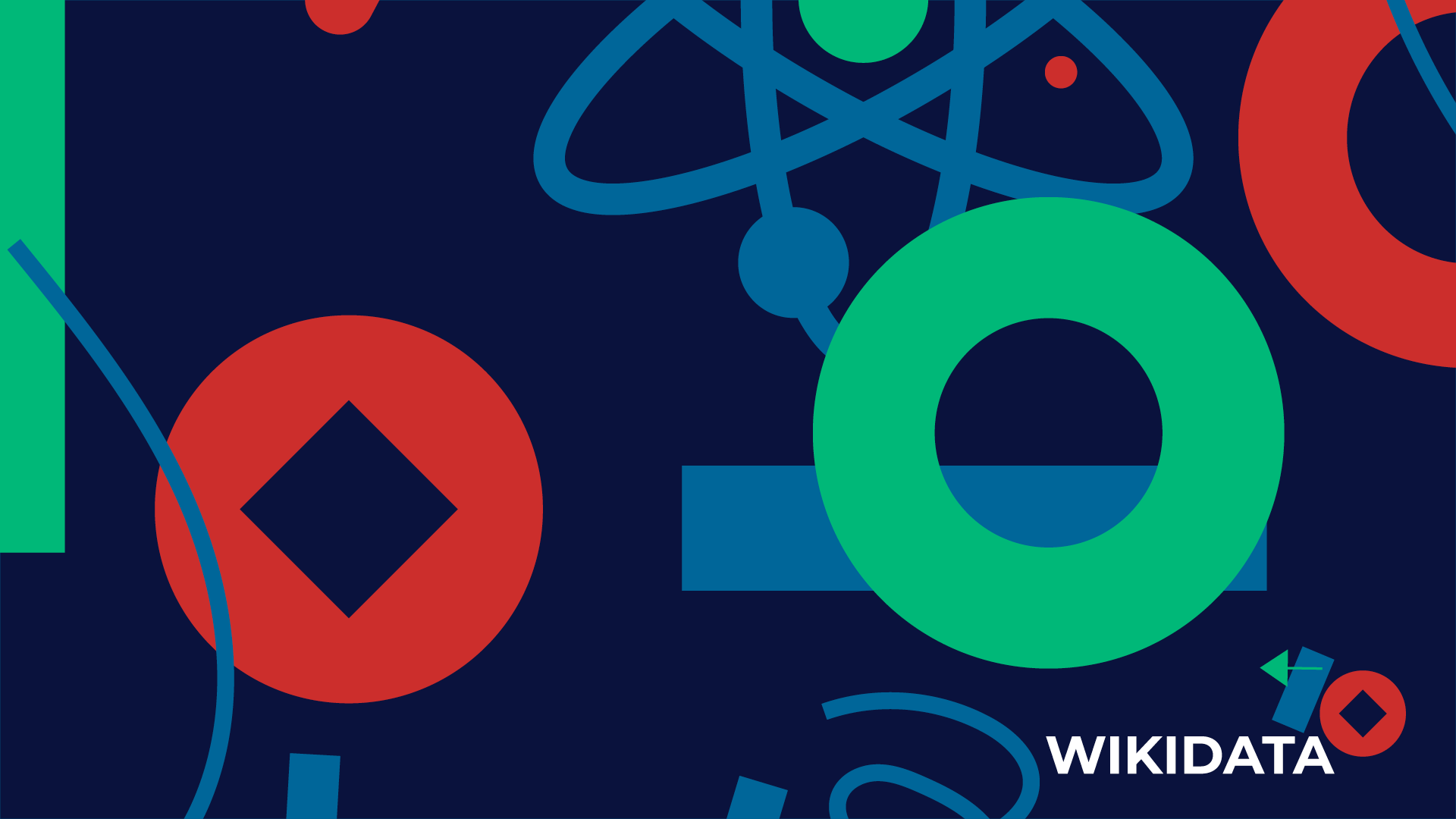
Part 1 on the impact of Wikidata in fostering the Wikimedia mission.
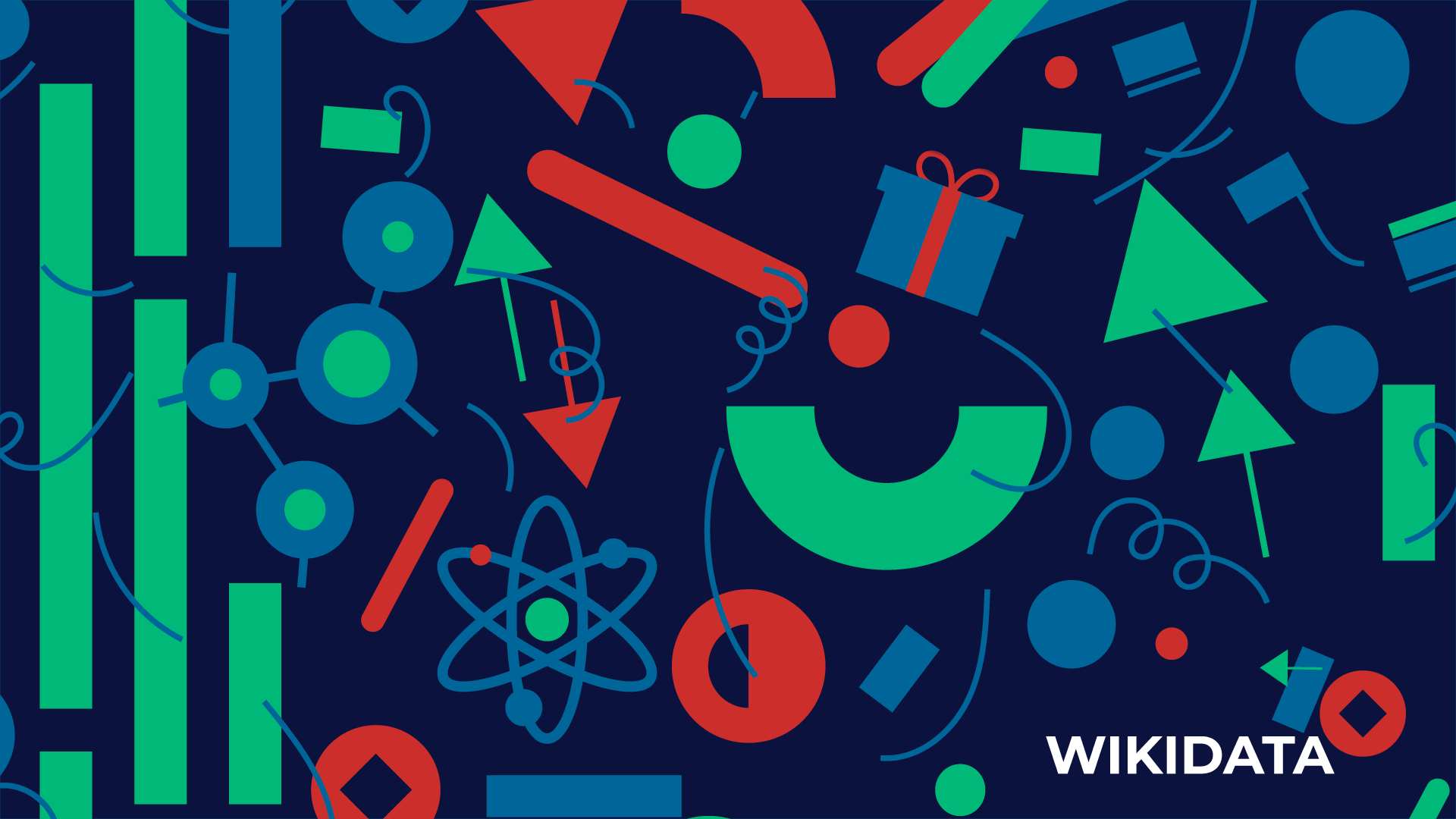
More about the ingenuity of the Wikidata community and their tools and hacks.

Part 1 about the people who made Wikidata the collaborative project it is today.
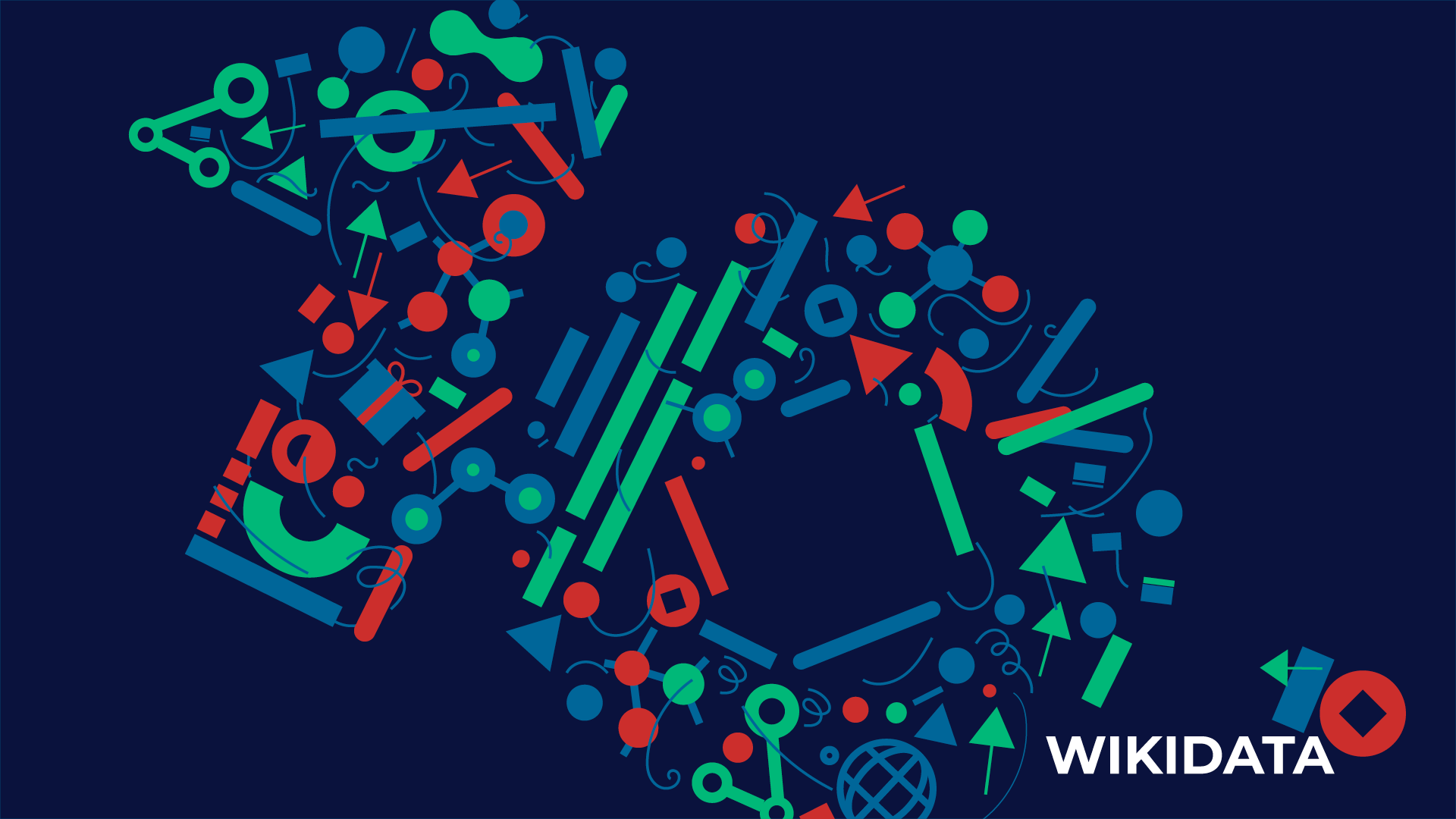
Part 2 about the people who made Wikidata the collaborative project it is today.
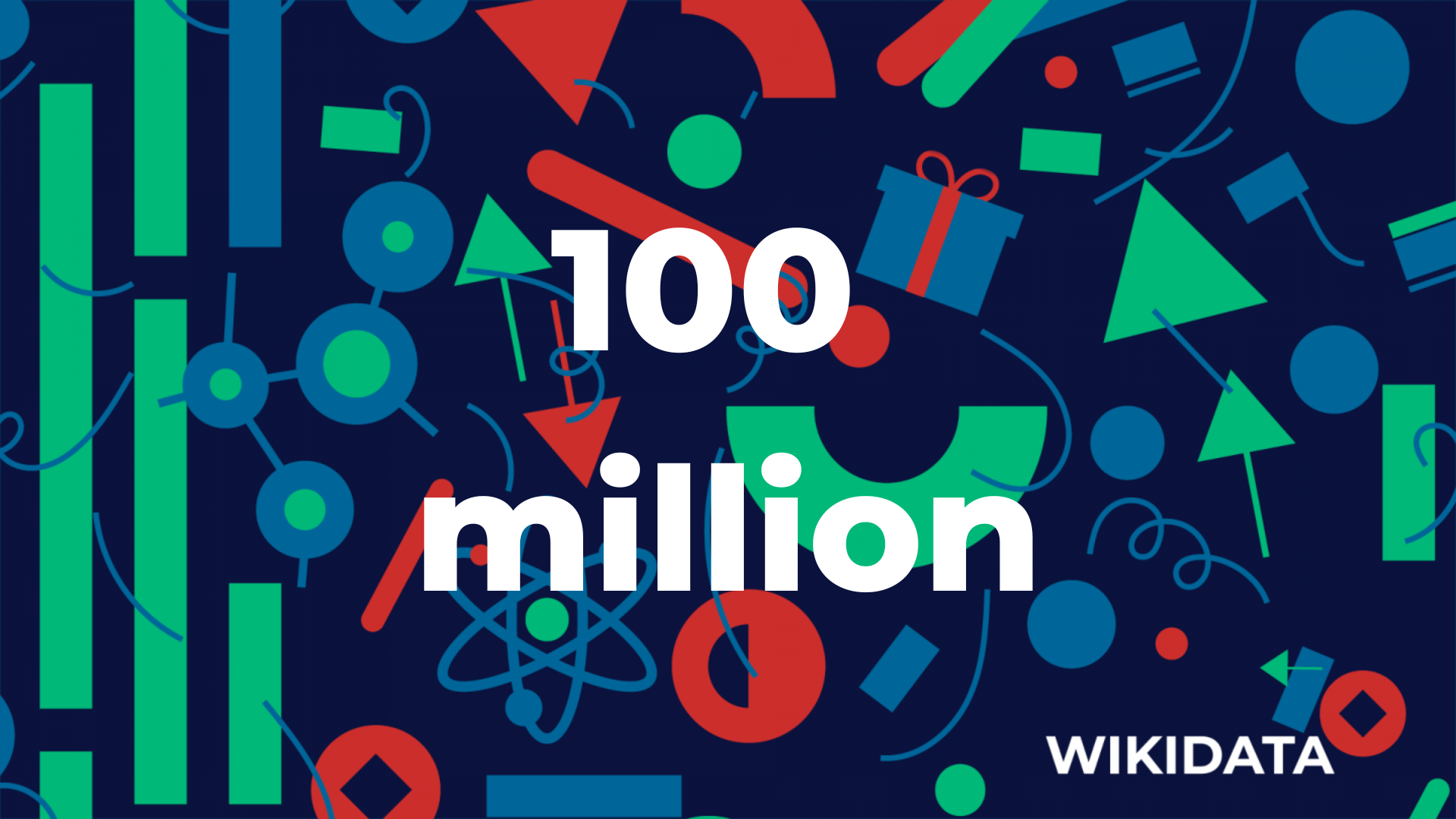
Wikidata has passed the 100 million item mark. Lydia Pintscher talks about the significance of this milestone.
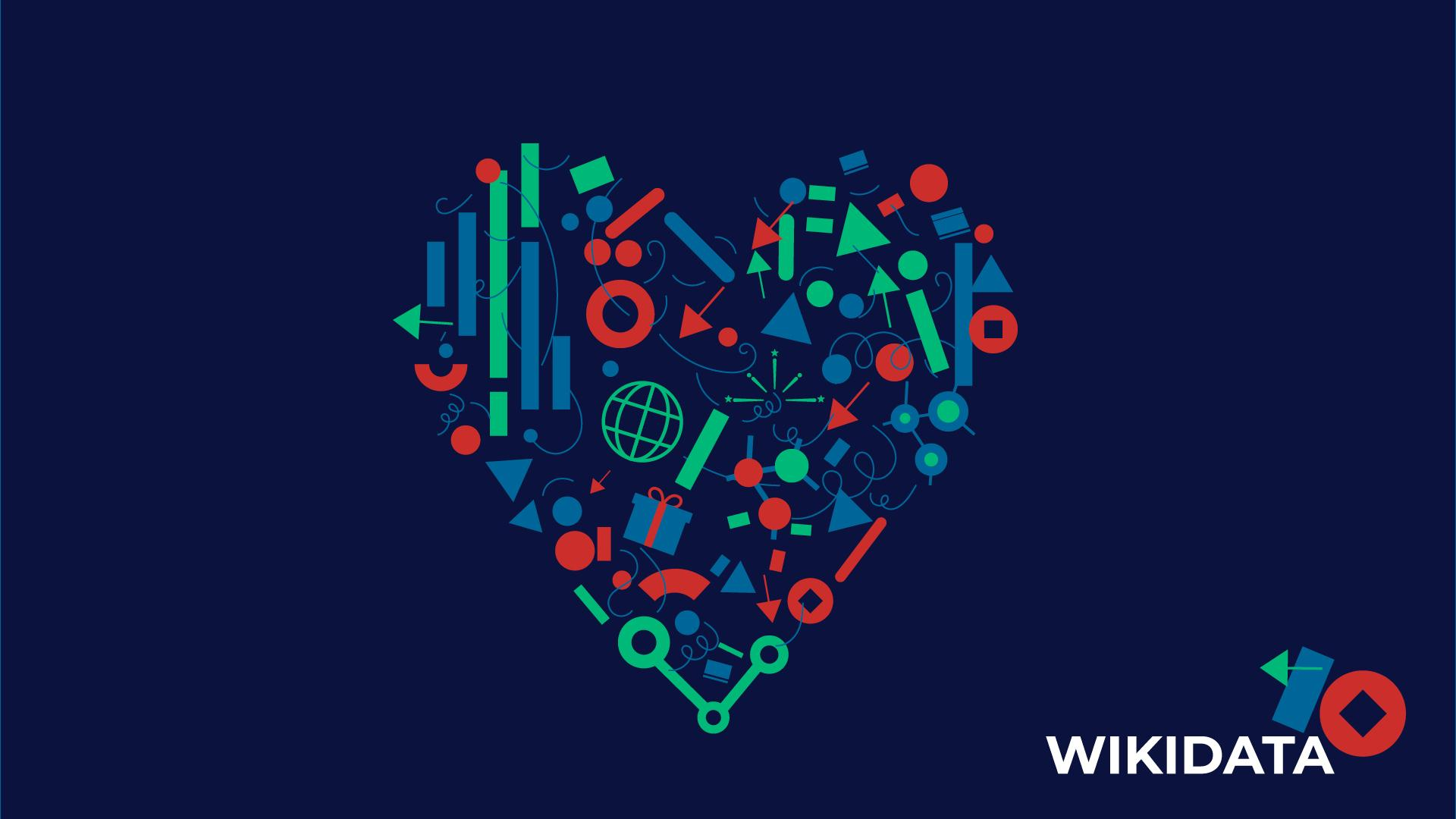
10 years ago, the foundations for Wikidata were laid. Lydia Pintscher on the beginnings.

